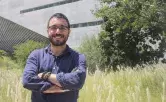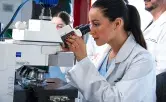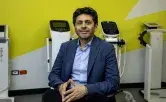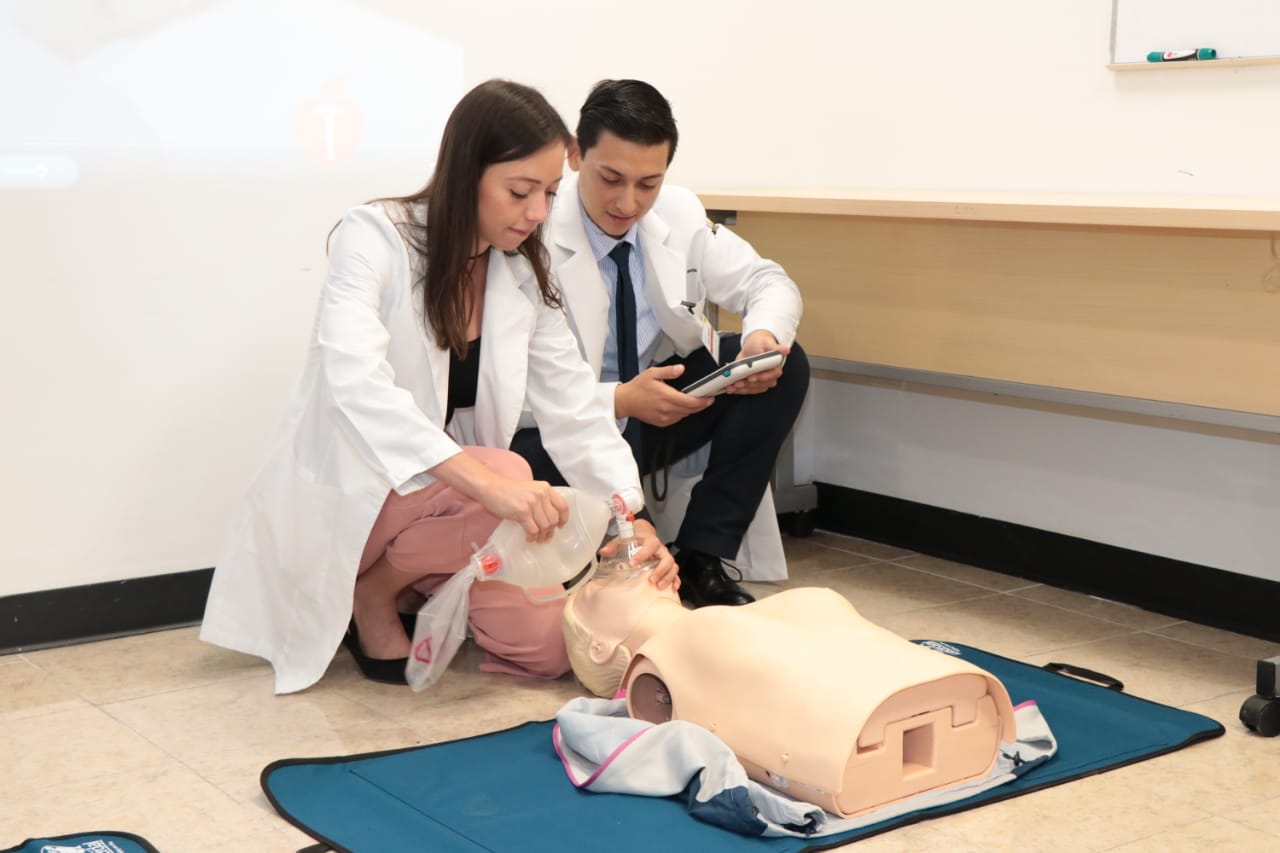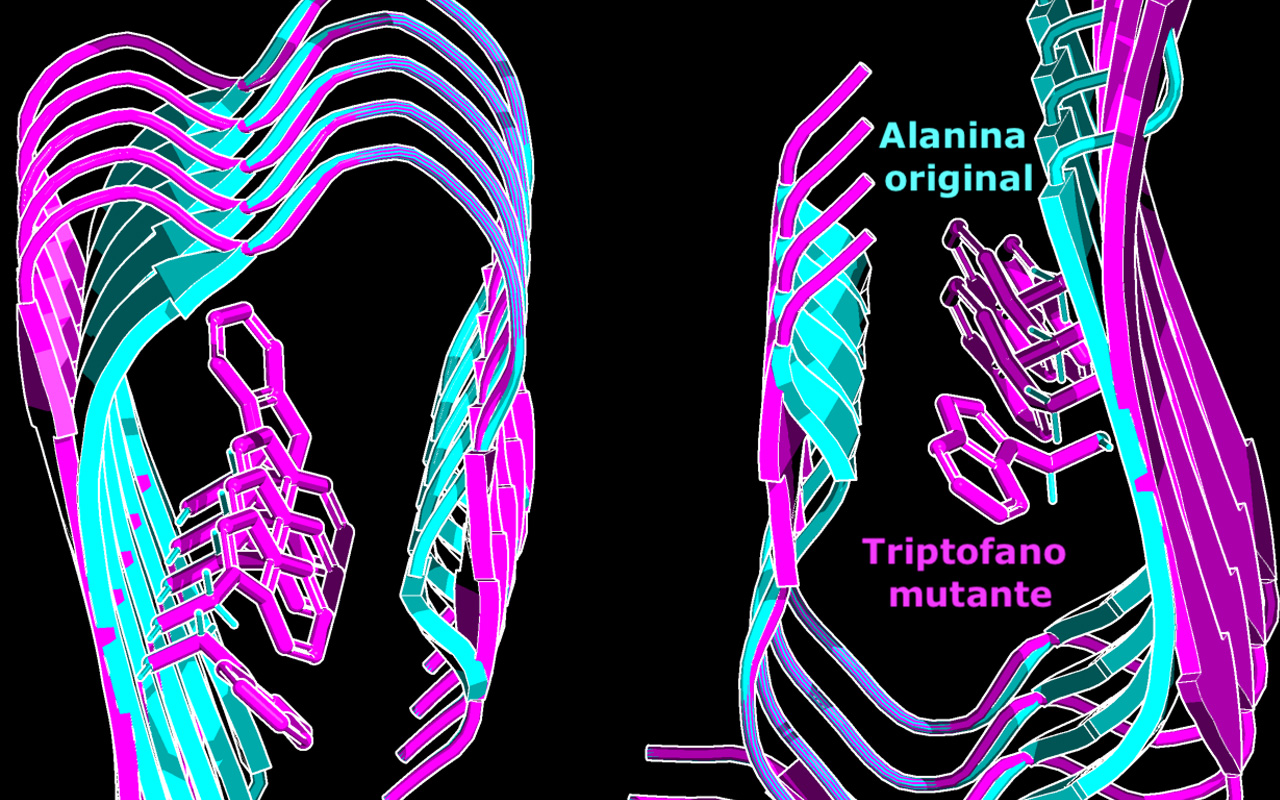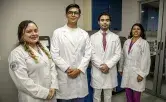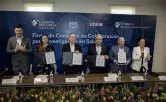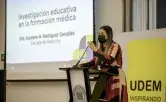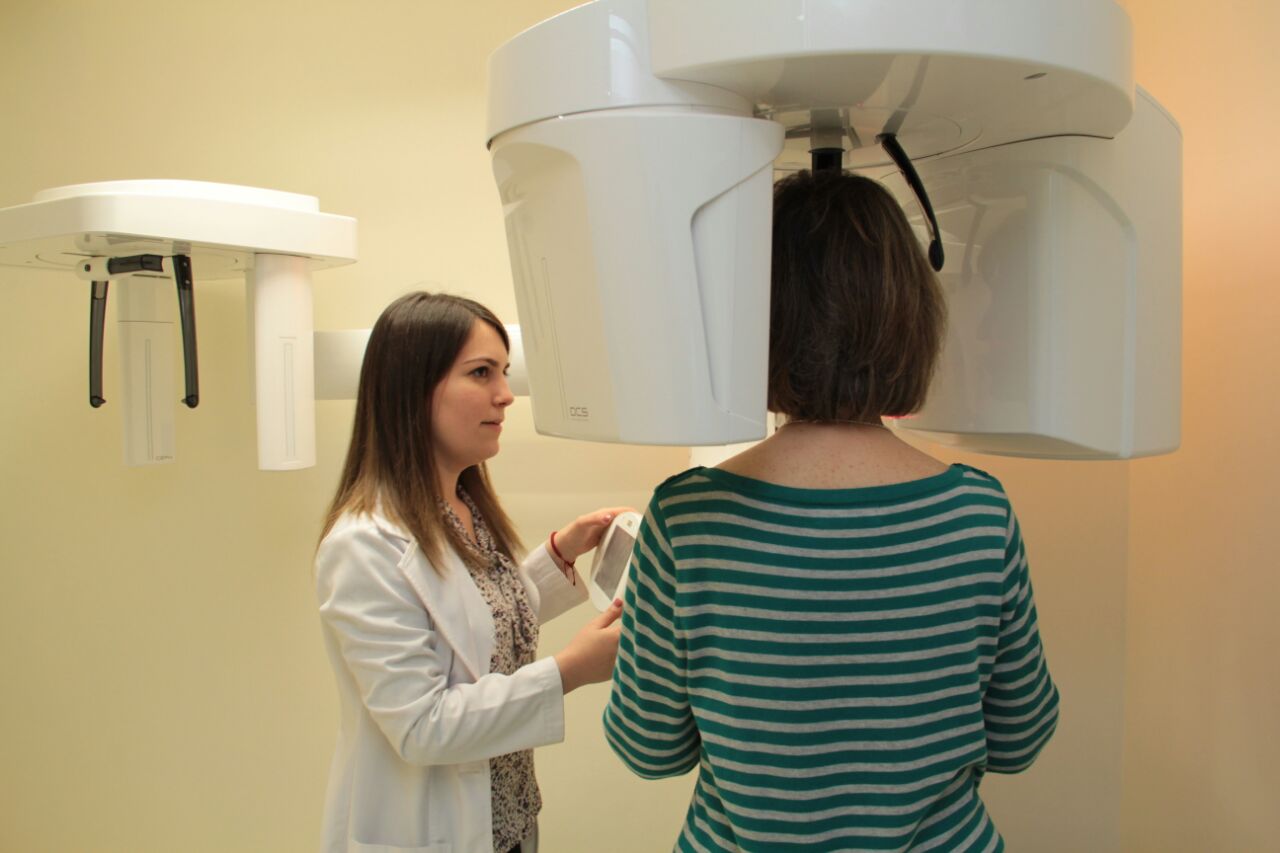Valve homograft implant for cardiovascular diseases
Dr. María Guadalupe Moreno Treviño developed a valve homograft implant for cardiovascular diseases. This project was registered by CONACYT in 2016.
Along with this project, UDEM’s Bank of Cells, Tissues, and Organs was also set up. It contributes to strengthening national infrastructure for the preservation of cardiovascular tissues.
